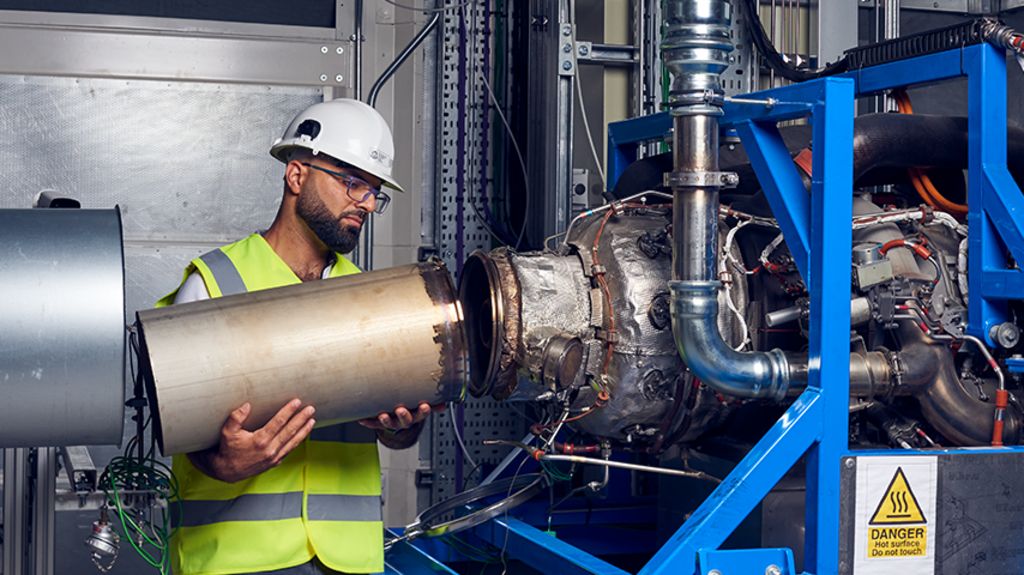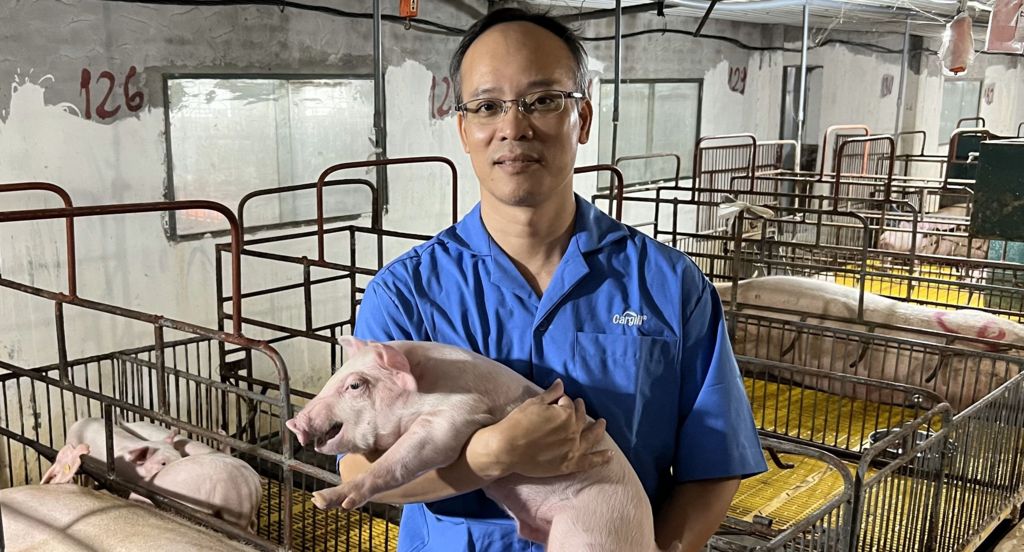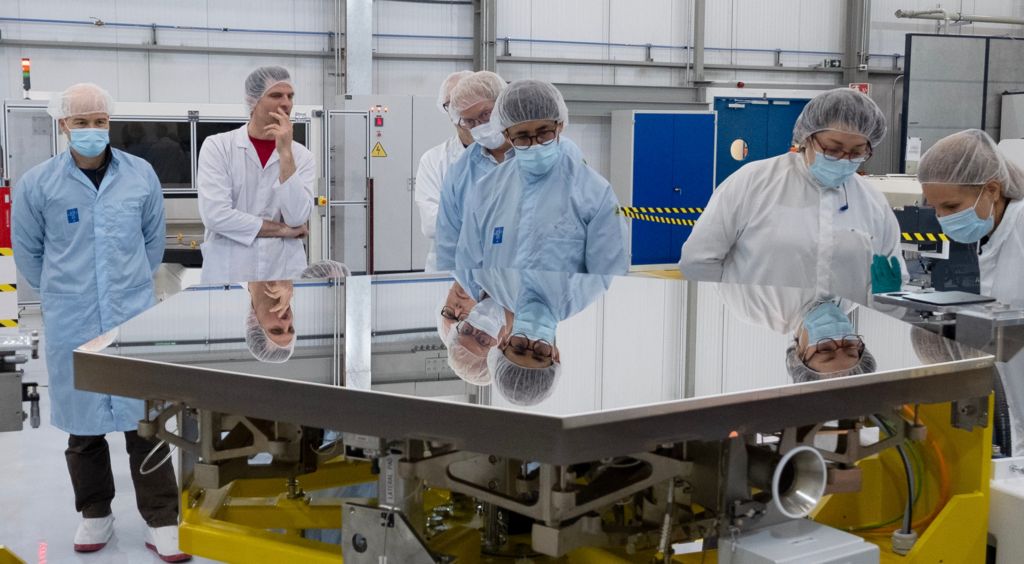Sustainable Aviation: Soaring to New Heights with Eco-Friendly Fuels

Imkomputer.com Hopefully there will always be hope in every heart. At This Time let's review the currently popular Technology. Interesting Content About Technology Sustainable Aviation Soaring to New Heights with EcoFriendly Fuels Listen carefully until the closing sentence.
Sustainable Aviation Fuels: A Greener Alternative
The aviation industry faces mounting pressure to reduce its carbon footprint. Sustainable aviation fuels (SAF) offer a promising solution, providing a synthetic alternative to fossil fuels derived from renewable sources.
SAF can be produced in the lab to mimic the characteristics of conventional jet fuel, enabling seamless integration into existing aircraft. Unlike fossil fuels, SAF production aims to minimize carbon emissions through the use of renewable sources and clean manufacturing processes.
While SAF is not entirely carbon neutral due to energy consumption during production and transportation, it significantly reduces emissions compared to traditional jet fuel. To ensure sustainability, SAF must be produced from renewable sources and meet strict environmental standards.
Challenges and Opportunities
Scaling up SAF production is crucial to meet increasing demand. The US offers subsidies to lower costs, while the UK has implemented a SAF mandate requiring a gradual increase in SAF usage.
Despite these initiatives, challenges remain. Hydrogen and electrification technologies hold promise for shorter routes, but their widespread adoption requires further development and certification.
Research and Innovation
At Sheffield University's Sustainable Fuels Innovation Centre, researchers are exploring innovative SAF sources, including waste cooking oils, vegetable fats, and captured carbon dioxide. These fuels offer the advantage of not contributing to atmospheric carbon dioxide levels.
The aviation industry is actively seeking alternatives to jet fuel. SAF, with its potential for significant emissions reductions, is a promising step towards a more sustainable future for air travel.
Thus I have explained sustainable aviation soaring to new heights with ecofriendly fuels in full in technology Feel free to explore this topic further seek inspiration from nature and maintain balance in life. Don't forget to share this with your friends. See you again hopefully other articles are also interesting. Thank you.














